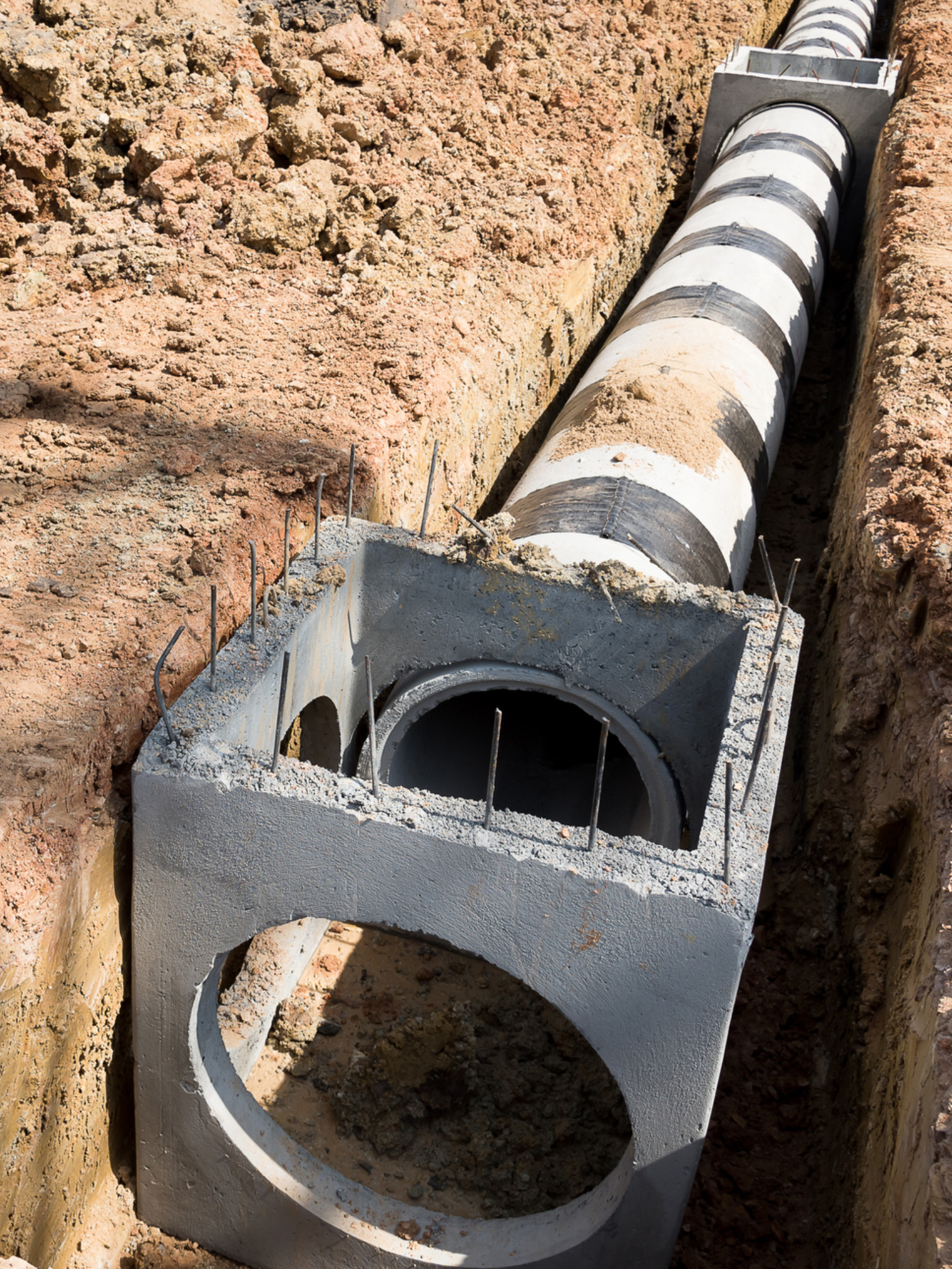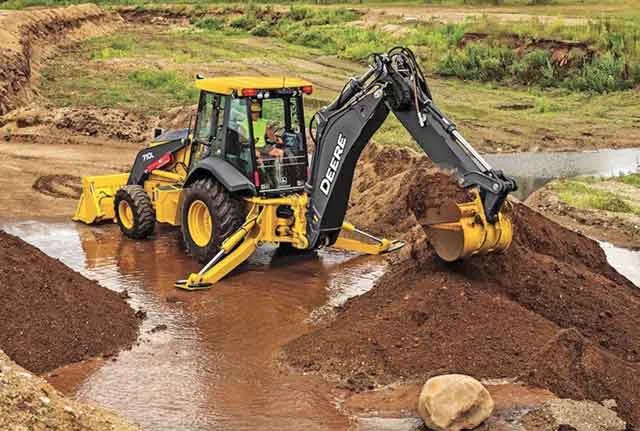Residential Excavating Ohio - Specialized Excavation for Ohio Homes
Residential Excavating Ohio - Specialized Excavation for Ohio Homes
Blog Article
Comprehensive Excavation Strategies: Understanding the Basics for Success
The mindful preparation, specific implementation, and meticulous attention to detail called for in excavation tasks require a thorough strategy that encompasses numerous basic elements. The true mastery exists not just in comprehending these basics but in effortlessly incorporating them to browse the complexities of excavation projects with finesse.
Recognizing Excavation Task Planning

Successful excavation projects are improved the structure of detailed and meticulous preparation. The initial phase of any kind of excavation project is the preparation stage, where vital decisions are made that can substantially affect the end result of the job. Throughout this stage, it is necessary to gather all appropriate details regarding the website, including topographical surveys, dirt composition, and any type of prospective hazards that may exist. Comprehending the project timeline, scope, and budget plan constraints is crucial for developing an extensive excavation strategy that makes certain the project's success.
One secret facet of excavation task planning is the advancement of an in-depth timeline that lays out the series of activities, deadlines, and milestones. This timeline acts as a roadmap for the task group, enabling them to track progress and make necessary adjustments to make certain the task remains on routine. Additionally, a well-defined budget plan that represents all costs, including tools rental, labor prices, and products, is necessary for staying clear of expense overruns and delays. By carefully taking into consideration all these aspects during the drawing board, excavation projects can be executed successfully and successfully, causing successful end results.
Dirt Analysis and Site Examination
Conducting complete soil analysis and website analysis is an important action in the preparation phase of any type of excavation task. Soil analysis includes identifying the structure, framework, and homes of the dirt at the excavation website. This information is important for recognizing the dirt's bearing ability, moisture content, and capacity for disintegration, which are crucial consider figuring out the excavation approaches and equipment needed for the project.
Site assessment surpasses dirt evaluation and encompasses a wider analysis of the total website problems. This analysis includes identifying any potential hazards, such as below ground energies, ecological worries, or unsteady terrain, that might affect the excavation process. By completely assessing the site, project managers can create efficient excavation techniques that prioritize security, efficiency, and environmental security.
Using sophisticated innovations like ground-penetrating radar, dirt tasting, and drone surveys can enhance the accuracy and performance of dirt analysis and site analysis. Spending time and resources in these preliminary actions can eventually save time and prevent pricey hold-ups or problems during the excavation procedure.
Devices Selection and Application
Effective excavation projects depend heavily on strategic tools choice and utilization to make certain ideal performance and performance. Selecting the right devices for the job is crucial in optimizing effectiveness and decreasing downtime. Aspects such as the kind of dirt, depth of excavation, and job scope play a substantial function in determining one of the most suitable tools for the task handy.

Along with picking the appropriate equipment, proper usage is essential to job success. Operators should be trained to manage the devices safely and effectively - excavating ohio. Regular maintenance checks and prompt repairs aid protect against breakdowns and make certain regular efficiency throughout the job
Precaution and Laws Compliance
In the realm of excavation projects, focusing on safety and security procedures and conformity with policies is critical to ensuring a lawfully sound and safe and secure functional atmosphere. Safety actions incorporate a series of practices, consisting of carrying out detailed website assessments, carrying out proper signs and click over here barriers, and providing ample security training for all personnel associated with the excavation process. Adherence to regulations, such as OSHA needs in the United States, makes certain that the excavation job meets the essential requirements to protect employees, onlookers, and the surrounding environment.

Monitoring Progression and Adjusting Approaches
Just how can project supervisors effectively track the innovation of excavation projects and adjust their techniques as necessary to enhance end results? Monitoring progression is vital for ensuring that excavation tasks remain on track and meet due dates.

Final Thought
Finally, grasping the fundamentals of thorough excavation methods is vital for the success of any task. By comprehending project preparation, evaluating soil and website conditions, visit this site picking suitable equipment, abiding by security regulations, and monitoring progression, job managers can make certain a smooth and effective excavation procedure. Executing Visit Your URL these strategies will certainly result in effective results and decrease prospective risks or troubles during the excavation task.
The preliminary phase of any kind of excavation job is the planning stage, where crucial choices are made that can dramatically impact the end result of the project. Comprehending the task timeline, spending plan, and range constraints is vital for creating a detailed excavation strategy that ensures the project's success.
Exactly how can predict supervisors effectively track the improvement of excavation tasks and adjust their strategies accordingly to enhance results? By very closely monitoring progress and being prepared to adapt methods, job supervisors can boost the total success of excavation tasks.
By understanding project planning, assessing dirt and website problems, choosing proper tools, abiding with safety and security laws, and checking progression, task supervisors can make sure a reliable and smooth excavation procedure.
Report this page